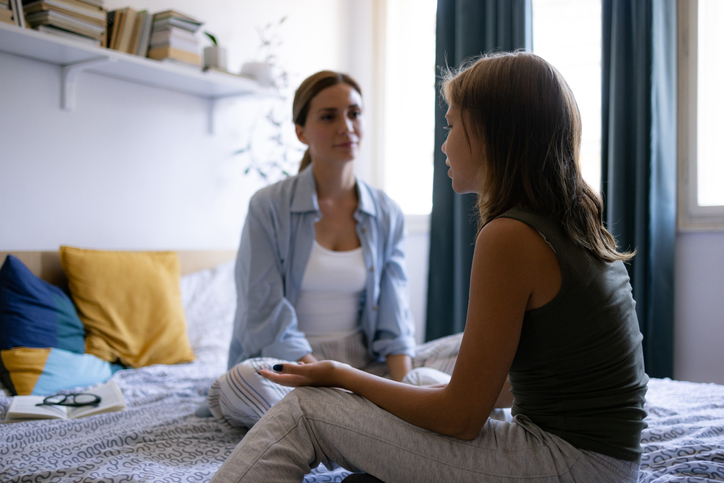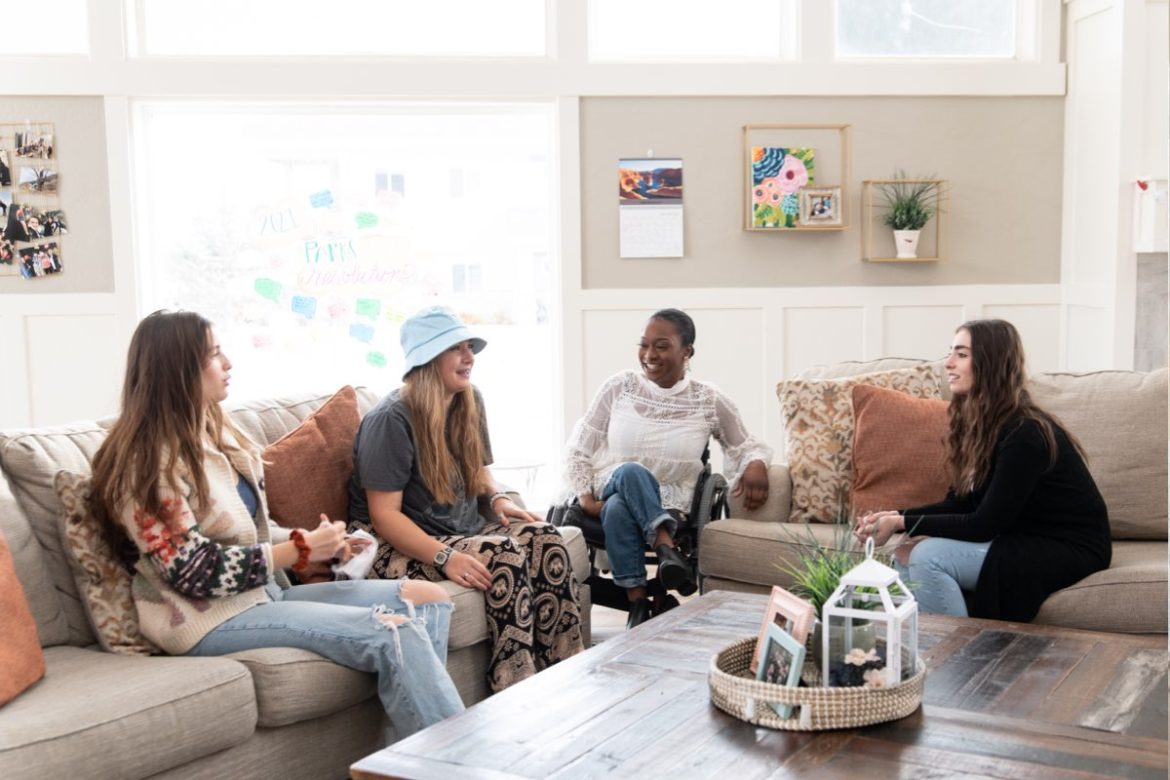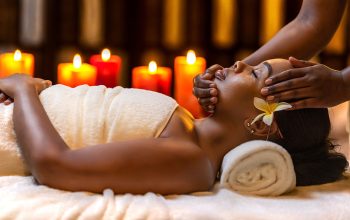Teenagers with mental health problems, addiction, or behavioral challenges find great therapeutic benefit from residential treatment programs. The teen residential treatment center offers controlled settings where they may get expert therapy as well as chances to develop in other spheres of their life. Including leisure activities into these initiatives is essential since they provide a range of advantages supporting social, emotional, and physical growth.
Encouraging Emotional Expression
Teenagers have a nonverbal way to communicate their feelings and experiences through recreational pursuits, including athletics, music, arts and crafts, and music. Teens in residential treatment may frequently feel misinterpreted or unable to express themselves; artistic activities can help to remove emotional boundaries. Through painting, writing, or music, these pursuits enable teenagers to effectively communicate their emotions, thus promoting emotional development and self-awareness.
Promoting Physical Health and Well-being
Apart from the psychological advantages, physical health of teenagers depends critically on leisure activities included in residential treatment programs. Many young individuals dealing with mental health or drug usage may overlook their physical condition, which may result in problems such as inadequate diet, lack of exercise, or disturbed sleep. Sports, hiking, yoga, and other physical pursuits improve general well-being and physical condition. A crucial part of treatment is regular physical exercise, which has been demonstrated to lower feelings of anxiety and depression.

Building Social Skills and Relationships
Teenagers in residential therapy can struggle to create and preserve good relationships. Teenagers get a chance to socialize with their friends in a secure and encouraging setting through leisure pursuits. These abilities have application in relationships outside of the treatment center and in daily life. Teens also frequently develop close relationships with people experiencing similar challenges, which can offer great social support.
Fostering a Sense of Accomplishment
Teenagers’ self-esteem and confidence are developed by recreational pursuits. Completing a difficult task—like finishing a craft project or winning a game—makes one feel successful. For individuals who may have battled feelings of poor self-worth or failure, these achievements—no matter how small—show teenagers that they are capable and competent. Recreational activities can also help one develop confidence, which will be a basis for next achievements in many spheres of life.
Recreational activities in teen residential treatment center are a necessary component of the healing process rather than only a means of entertainment. These pursuits improve the whole treatment experience by offering emotional, physical, and social advantages. Recreational activities give teenagers chances for self-expression, physical exercise, relationship-building, and confidence-building, so helping them to acquire the skills and resilience required to overcome obstacles and lead better, more fulfilled lives.




